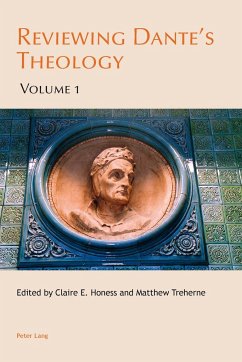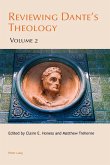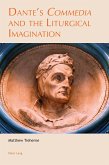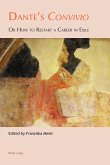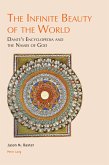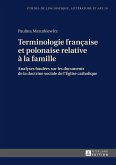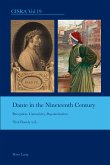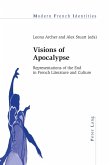The two volumes of Reviewing Dante's Theology bring together work by a range of internationally prominent Dante scholars to assess current research on Dante's theology and to suggest future directions for research.
Volume 1 considers some of the key theological influences on Dante. The contributors discuss what 'doctrine' might have meant for Dante and consider the poet's engagement with key theological figures and currents in his time including: Christian Aristotelian and scholastic thought, including that of Thomas Aquinas; Augustine; Plato and Platonic thought; Gregory the Great; and notions of beatific vision. Each essay offers an overview of its topic and opens up new avenues for future study. Together they capture the energy of current research in the field, test the limits of our current knowledge and set the future study of Dante's theology on firm ground.
Volume 1 considers some of the key theological influences on Dante. The contributors discuss what 'doctrine' might have meant for Dante and consider the poet's engagement with key theological figures and currents in his time including: Christian Aristotelian and scholastic thought, including that of Thomas Aquinas; Augustine; Plato and Platonic thought; Gregory the Great; and notions of beatific vision. Each essay offers an overview of its topic and opens up new avenues for future study. Together they capture the energy of current research in the field, test the limits of our current knowledge and set the future study of Dante's theology on firm ground.

